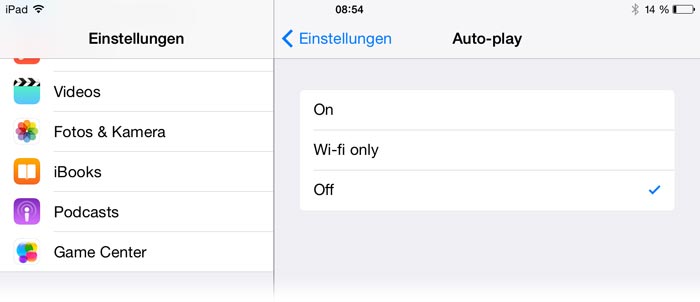Google pledged $US150 million and fruit is actually giving $US20 million, all to providing a tech workforce which includes a whole lot more people and non-white employees. These pledges come right after the best enterprises circulated demographic info of the employees. It absolutely was disappointingly consistent:
Facebook or twitter’s technology employees is 84 per cent male. Google’s is actually 82 per cent and orchard apple tree’s is 79 percent. Racially, African United states and Hispanic staff compensate 15 % of piece of fruit’s technical staff, 5 percent of fb’s computer side and simply 3 percent of Google’s.
“Blendoor was a merit-based similar application,” creator Stephanie Lampkin claimed. “We don’t need to be thought about a diversity app.”
Orchard apple tree’s staff demographic information for 2015.
With billions pledged to diversity and employment initiatives, what makes technical businesses revealing this reasonable diversity number?
Computer Insider spoke to Stephanie Lampkin, a Stanford and MIT Sloan alum trying to reverse the tech industry’s stagnant employment styles. Despite a manufacturing degree from Stanford and five-years working on Microsoft, Lampkin believed she am changed off from desktop research employment for not being “technical enough”. Very Lampkin developed Blendoor, an app she dreams will change renting in computer markets.
Quality, maybe not range
“Blendoor is a merit-based matching application,” Lampkin claimed. “we do not strive to be assumed a diversity app. All of our marketing features only assisting employers find a very good gift time.”
Launching on June 1, Blendoor conceals people’ race, years, label, and gender, complementing them with corporations considering abilities and studies level. Lampkin discussed that corporations’ hiring tactics had been inefficient given that they had been based upon a myth.
“plenty of people regarding the forward phrases know this is not a range condition,” Lampkin said. “Executives who happen to be far removed [know] it’s easy for them to say it’s a pipeline “> issue. Like this possible always keep throwing dollars at dark babes rule. But, folks through the ditches recognize’s b——-. The process is taking actual presence to that.”
issue. Like this possible always keep throwing dollars at dark babes rule. But, folks through the ditches recognize’s b——-. The process is taking actual presence to that.”
Lampkin mentioned information, not just contributions, would take substantive adjustments to your United states techie industry.
“Right now we already have facts,” she claimed. “We can determine a Microsoft or a Bing or a zynga that, according to the thing you declare that you desire, these people are ideal. Making this maybe not a pipeline condition. This really some thing much deeper. We haven’t actually been able complete a pretty good career on a mass range of tracking that so we may actually verify that it is definitely not a pipeline complications.”
Yahoo’s employees demographic data for 2015.
The “pipeline” is the pool of candidates obtaining projects. Lampkin said some companies reported that there only were not plenty of qualified girls and folks of colouring making an application for these placements. Other individuals, however, posses a much more intricate concern in order to resolve.
Unconscious tendency
“These are having trouble in the potential employer level,” Lampkin stated. “They can be offering plenty of competent candidates to the hiring manager as well as the conclusion the morning, the two however end renting a white person who is 34 years of age.”
Employing professionals whom regularly neglect qualified girls and other people of color could be operating under an involuntary bias that helps in the low recruitment data. Unconscious opinion, basically, is a nexus of behavior, stereotypes, and educational norms we have today about various kinds of customers. Online trains its staff on dealing with involuntary prejudice, making use of two basic information about personal planning to assist them to comprehend it:
Engaging executives, without realizing it, may filter out men and women that never take a look or sound like the type of everyone they keep company with a given state. A 2004 United states industrial connection research, “were Emily and Greg even more Employable versus Lakisha and Jamal?”, tried unconscious tendency impact on number hiring. Professionals sent equivalent couples of resumes to organizations, modifying just the title with the candidate.
The analysis learned that applicants with “white-sounding” figure happened to be 50 per-cent very likely to see a callback from firms than others with “black-sounding” labels. The yahoo presentation particularly references these studies:
